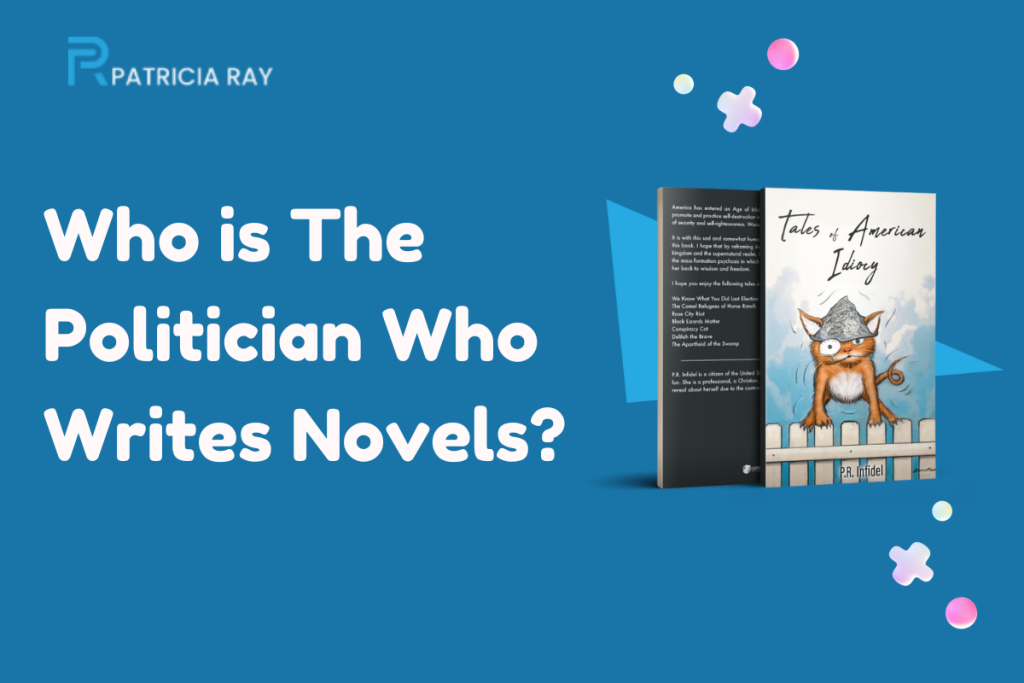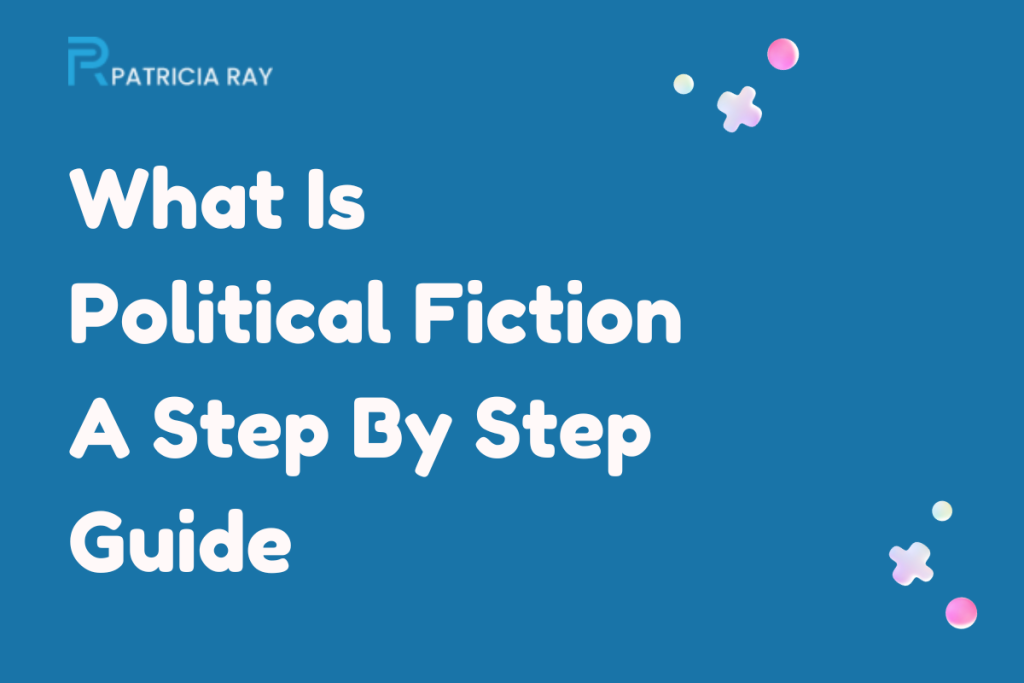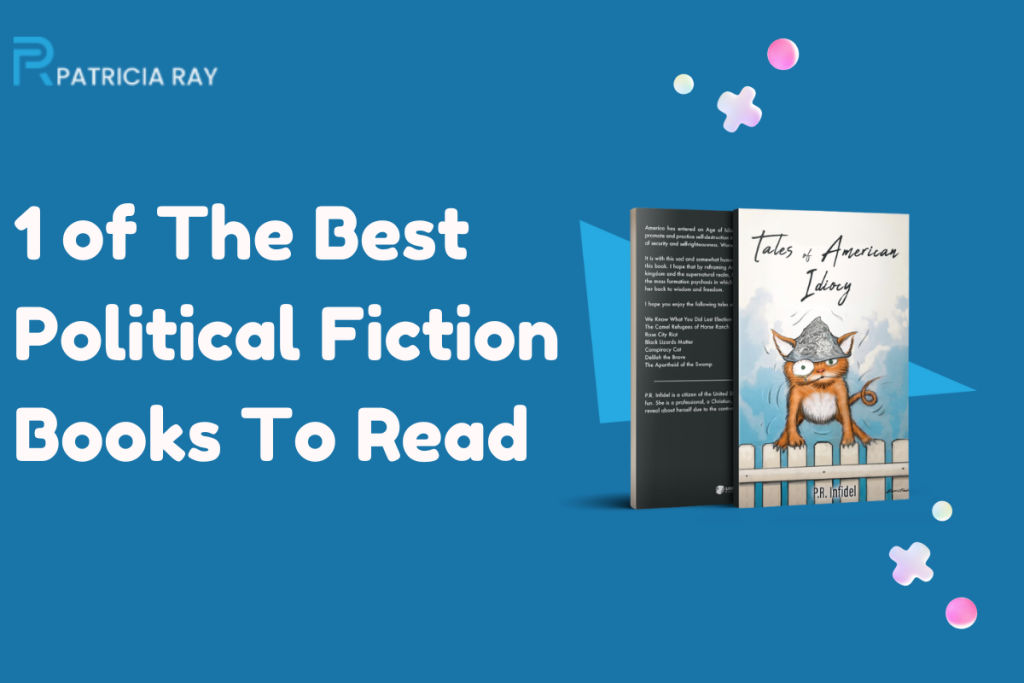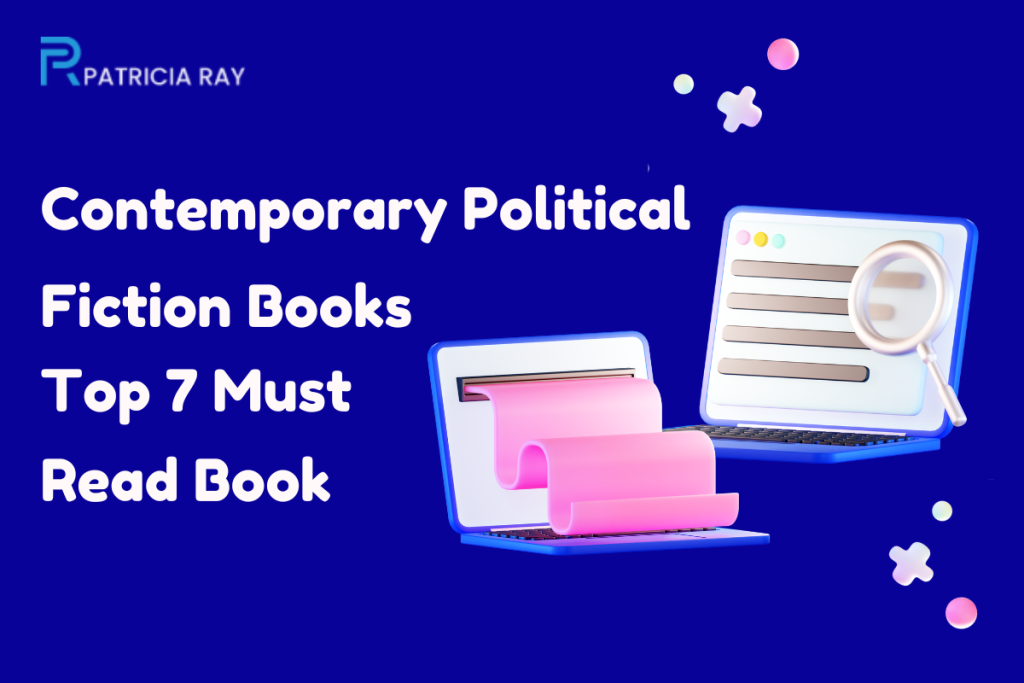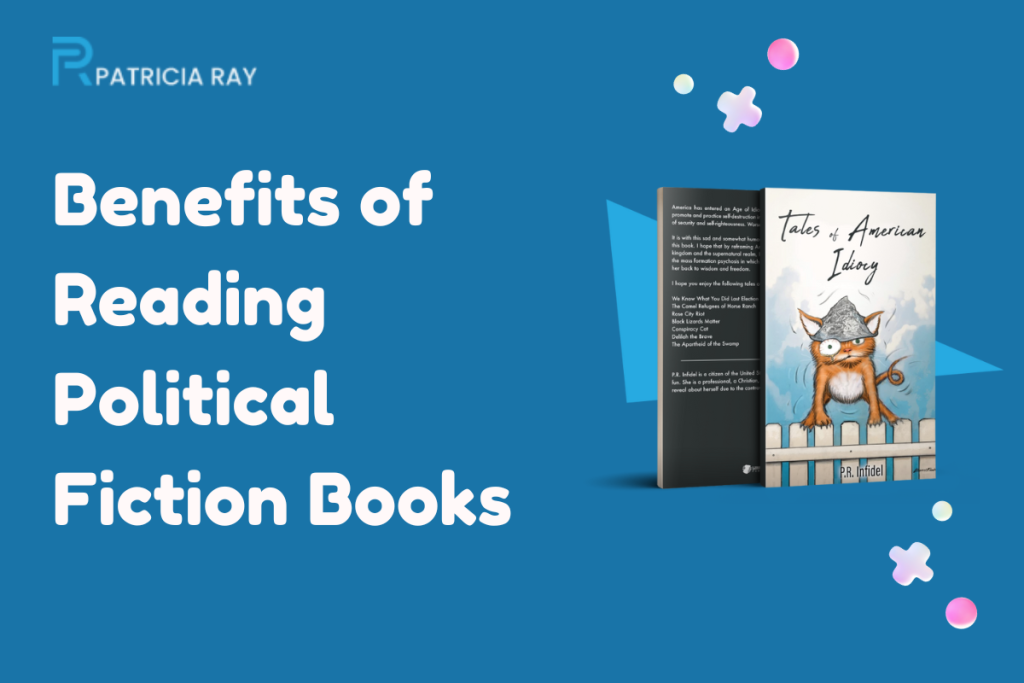
The world of politics can be a dense jungle of policies, campaigns, and power struggles. While staying informed is crucial, sometimes we crave a deeper understanding that goes beyond headlines and punditry. This is where political fiction books come in, offering a captivating way to engage with the political landscape. But what exactly are the benefits of delving into these fictional worlds? Let’s explore the many reasons why political fiction books should be on your reading list.
1. Unveiling the Human Cost:
Tales of American Idiocy and Beyond
Patricia Ray’s “Tales of American Idiocy” exemplifies the power of political fiction to showcase the human cost of political decisions. Through her witty satire, Ray exposes the frustrations and absurdities citizens face in navigating the American political system. Similarly, novels like Mohsin Hamid’s “Exit West” explore the plight of refugees caught in the crossfire of political instability. By weaving human stories into political narratives, these books cultivate empathy and understanding for those impacted by political realities.
2. A Sharper Lens:
Examining Political Issues Through Fiction
Political fiction offers a unique lens through which to examine complex political issues. Novels like Yaa Gyasi’s “Homegoing” delve into the legacy of colonialism and the enduring impact of political decisions on future generations. Kim Stanley Robinson’s “The Ministry for the Future” paints a picture of a society grappling with climate change, forcing us to confront the potential societal and political shifts that might accompany such a crisis. By exploring these themes in fictional settings, political fiction allows us to consider different perspectives and engage in critical thinking about real-world issues.
3. A Catalyst for Conversation:
Sparking Dialogue Beyond the Echo Chamber
Political discourse today can often feel polarized and trapped in echo chambers. Political fiction has the power to break through these barriers by sparking conversation and encouraging empathy across the political spectrum. A captivating novel can provide a common ground for discussing complex issues with friends, family, or even online communities. “Tales of American Idiocy,” for example, with its satirical humor, might spark laughter and reflection on both sides of the political aisle.
4. A Glimpse into the Future:
Exploring Potential Political Landscapes
Looking ahead, political fiction offers a platform to explore potential political landscapes and their impact on society. Dystopian novels like Margaret Atwood’s “Oryx and Crake” depict chilling futures shaped by unchecked corporate power and environmental degradation. These fictional scenarios serve as cautionary tales, prompting us to consider the potential consequences of current political trends and encouraging a proactive approach to shaping our future.
5. The Power of Satire:
Laughter as a Political Tool
Satire plays a vital role in many political fiction books, Patricia Ray’s “Tales of American Idiocy” exemplifies this perfectly, using humor to expose the absurdities of the political system. Laughter can be a powerful tool for social commentary, prompting reflection and challenging the status quo. Satire in political fiction allows us to confront complex issues in a lighter vein, fostering a sense of shared frustration and encouraging critical thinking.
6. Escapism with a Purpose:
Entertainment with Intellectual Stimulation
Political fiction offers a satisfying escape from the daily grind. However, unlike mindless entertainment, it provides intellectual stimulation and a deeper understanding of the world around us. These novels can be thought-provoking page-turners, keeping us captivated by the narrative while challenging our perspectives on political realities.
7. Empathy for the Political Players:
Stepping into the Shoes of Politicians
Political fiction allows us to step into the shoes of politicians, bureaucrats, and other key players in the political sphere. This can foster empathy and understanding for the challenges they face in navigating the complexities of governing. Novels like “Lincoln in the Bardo” by George Saunders explore the human cost of political decisions, even on those making them. This newfound empathy can lead to a more nuanced understanding of the political landscape.
Embrace the Power of Political Fiction
By delving into the world of political fiction, we gain a deeper understanding of the political forces shaping our lives. These novels entertain, challenge, and inspire critical thought. Whether you’re seeking a satirical laugh or a glimpse into a potential future, there’s a political fiction book out there waiting to be discovered. So, pick up a book, settle in, and embark on a journey that goes beyond the ballot box.

